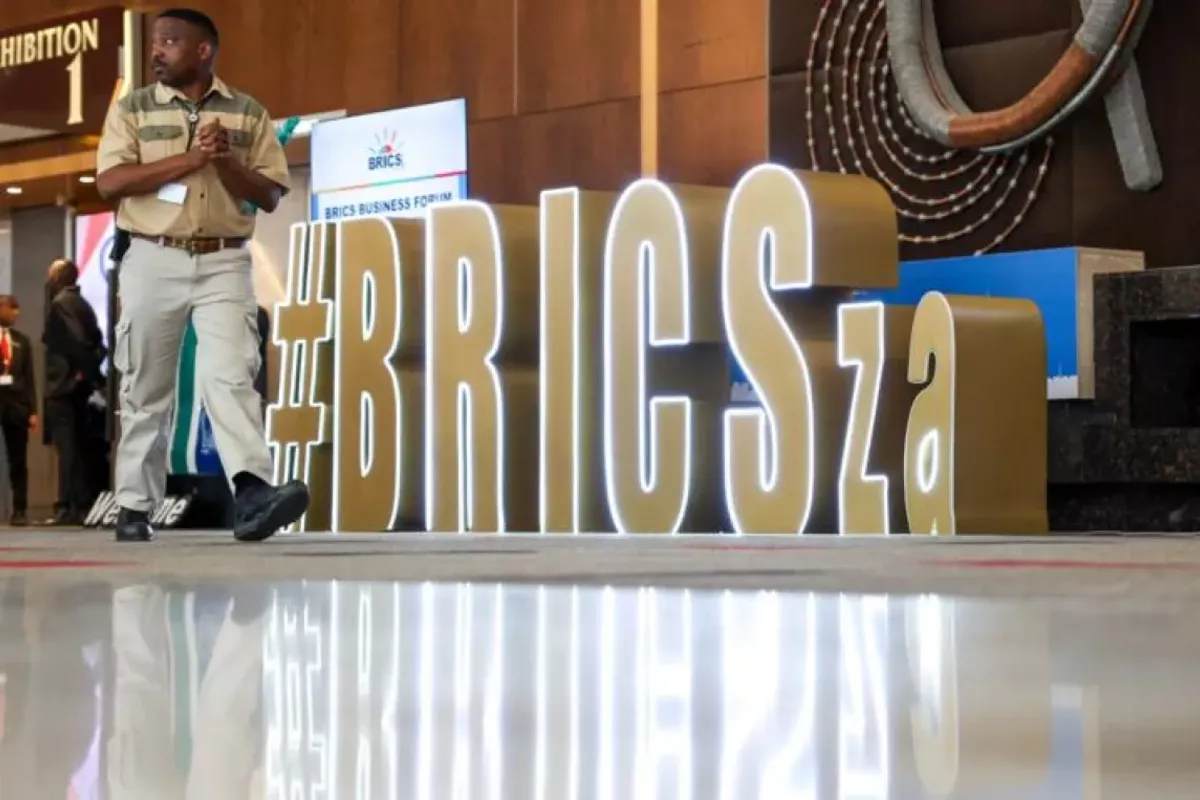
photo: Caliber.Az
The 17th BRICS Summit has officially opened in Rio de Janeiro, Brazil bringing together leaders and senior officials from 11 member countries under the theme " Strengthening Global South Cooperation for More Inclusive and Sustainable Governance".
The two-day summit, running from July 6-7, marks the first top-level gathering of BRICS in its newly expanded format, The Caspian Post reports via local media.
The delegations from Brazil, Russia, India, China, and South Africa are joined for the first time at the summit by the bloc's newest members - Egypt, Ethiopia, Indonesia, Iran, Saudi Arabia, and the United Arab Emirates.
The expanded summit is also hosting a broad range of partner countries, including Belarus, Bolivia, Kazakhstan, Cuba, Malaysia, Nigeria, Thailand, Uganda, Uzbekistan, and Vietnam, underlining BRICS' growing role as a platform for South-South cooperation.
Russia is represented by Foreign Minister Sergei Lavrov, while President Vladimir Putin is participating virtually. Chinese Premier Li Qiang leads Beijing’s delegation. Brazilian President Luiz Inácio Lula da Silva is hosting the summit, with Indian Prime Minister Narendra Modi, South African President Cyril Ramaphosa, and Iranian Foreign Minister Abbas Araghchi also in attendance.
A key focus of the summit is on increasing the influence of the Global South in global decision-making structures. Discussions are centered on the reform of international financial institutions, such as the International Monetary Fund (IMF), and broader global governance issues. Additional agenda topics include sustainable development, public health, climate change, trade and investment, and the responsible governance of artificial intelligence.
One of the summit's major expected outcomes is a joint declaration calling for UN Security Council reform and a more equitable distribution of IMF voting rights and quotas.
Leaders are also weighing new proposals to expand BRICS' global role, such as the creation of a tropical forest protection fund and initiatives to promote digital transformation across member states.
This year marks Indonesia's debut as a full BRICS member, while Vietnam, a newly appointed partner, has also sent a high-level delegation. On the agenda are membership bids from other aspiring countries, including Türkiye, Azerbaijan, and several other nations from the Global South.
Analysts say the summit reflects BRICS’ evolving ambition to build a more multipolar world order, offering a counterbalance to traditional Western institutions and strengthening strategic cooperation among emerging economies.
Share on social media